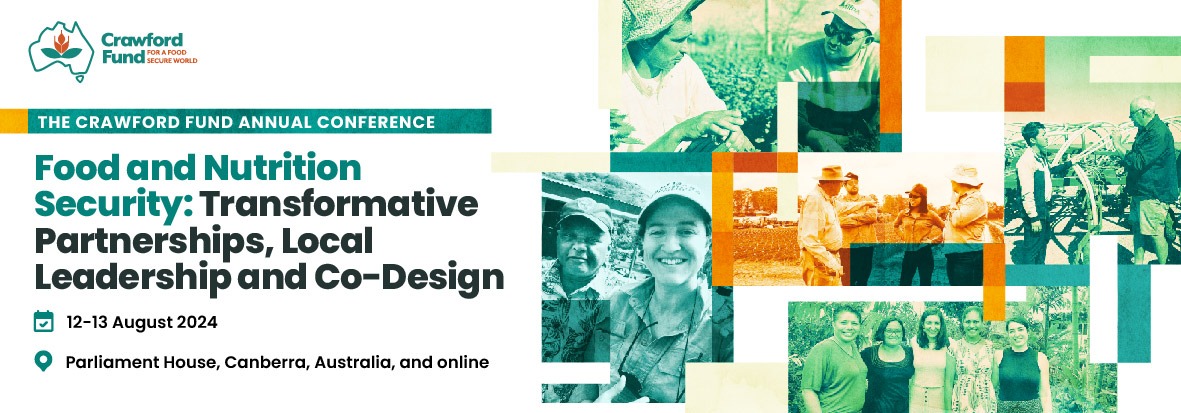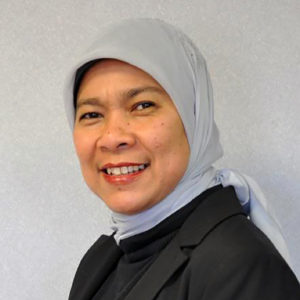

Dr Wahida Maghraby
 Agriculture Policy Analyst, Indonesian Center for Agriculture Socio Economics and Policy Studies, Ministry of Agriculture and former Agricultural Attaché to the European Union
Agriculture Policy Analyst, Indonesian Center for Agriculture Socio Economics and Policy Studies, Ministry of Agriculture and former Agricultural Attaché to the European Union
Wahida is an agriculture policy analyst at the Indonesian Center for Agriculture Socio Economics and Policy Studies (ICASEPS), Ministry of Agriculture.
As well as developing new collaborative projects, Wahida’s focus is in developing, monitoring and improving agriculture policies as well as policy advocacy and dissemination. Wahida is involved in two new ACIAR project and continues her role in participating in other collaborative agriculture policy works with different donors and ministries.
Wahida has a PhD degree in Global Food Studies from the University of Adelaide. From 2016 to 2020, Wahida was assigned as the Agricultural Attaché to the European Union based at the Embassy of the Republic of Indonesia in Brussels, Belgium.
Session 2 case study 2 – Dr Wahida Maghraby, 2024 Crawford Fund Conference
Q&A Session 2 – 2024 Crawford Fund Conference
